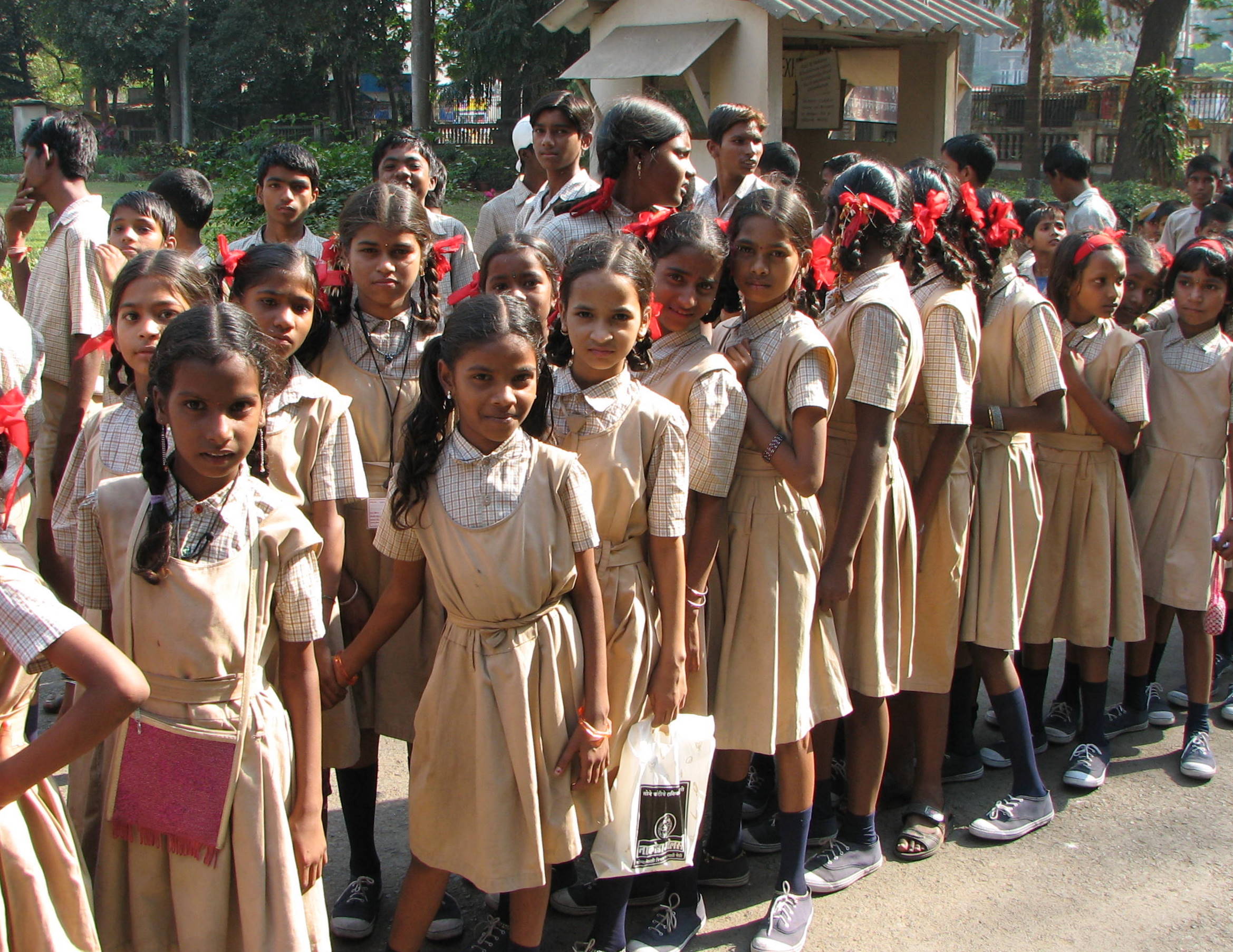If you need to figure out how awful TV can get, you need to watch it post-midnight, when all the sponsored content is on play.
On some channels, there are beautiful women trying to tell you how to lose weight through sweating. On some other channels there are well-built men trying to tell you how to easily clean your car by buying a particular product.
If you keep flipping channels long enough, you will definitely come across some godmen addressing a hall full of people and trying to tell them how to go about improving their lives.
And that is where I ended sometime back at three in the morning. It was one of those nights when I just couldn’t sleep and thought that watching some mindless TV would help.
So let me describe what I saw. There was a big hall full of people. And there was a stage. On the stage a godman sat, on some sort of a throne. The people were asking questions and the godmen was answering them. Every answer was offered as a solution. It told people to do something so as to improve their current life or to ensure that a problem would go away.
So this middle-aged gentleman got up and asked the godman for his blessings. The godman then asked the gentlemen, if he had ever offered a bottle of liquor to god, using the Hindi words bhairav(a manifestation of Lord Shiva) and botal, as is tradition in parts of India.
The gentlemen said yes. Then the godman asked him, what brand had he offered? The gentleman named a particular brand. The godman then asked the businessman, what brand did he drink himself? The gentlemen said the same brand that he had offered.
The godman then told the gentlemen that he should offer a better more superior brand to god and not the same one that he drinks. And if he did so blessings would automatically come. The businessman got his answer, thanked the godman and sat down.
Honesty, I hadn’t seen something as bizarre as this, ever on TV. It led me to think that why do people believe in all kinds of godmen? What is it that godmen have that attracts people? After some thinking I have come the conclusion that godmen essentially offer simple solutions to everything. And this attracts people.
As Matt Ridley writes in The Evolution of Everything: “The literary critic George Steiner, in his book Nostalgia for the Absolute, argued that people are attracted by higher truths that simplify the world and can explain everything.”
The phrase to mark in the above paragraph is simplify the world. People want to be told that if they do this and this, their problems will go away. And this leads to godmen exploiting them. Let me give you another example here.
Sometime back, one my mother’s neighbours sort of forced her to go to a godman. The scene that my mother described to me was extremely bizarre. A disciple of the godman was sitting in front of the godman with a big jute bag open. In this jute bag people were putting in Rs 1000 notes.
There was a long line of people waiting to donate the money. Why would so many people essentially behaving like they were? Why were so many people being tricked all at the same time? The answer perhaps lies in the fact that they falsely believed that the Rs 1000 donation would make their problems go away.
As economist Robert H Frank writes in Success and Luck—Good Fortune and the Myth of Meritocracy: “Holding false beliefs makes people happier in the short run.” This false belief is something that godmen tend to exploit.
Further, as Frank puts it, what people forget is “that such beliefs may entail significant costs longer term.” But then, who is bothered about the longer term. As economist John Maynard Keynes once said, in a totally different context, “In the long run we are all dead”.
(Vive Kaul is the author of the Easy Money trilogy. He can be reached at [email protected])
The column originally appeared in the Bangalore Mirror on May 4, 2016

